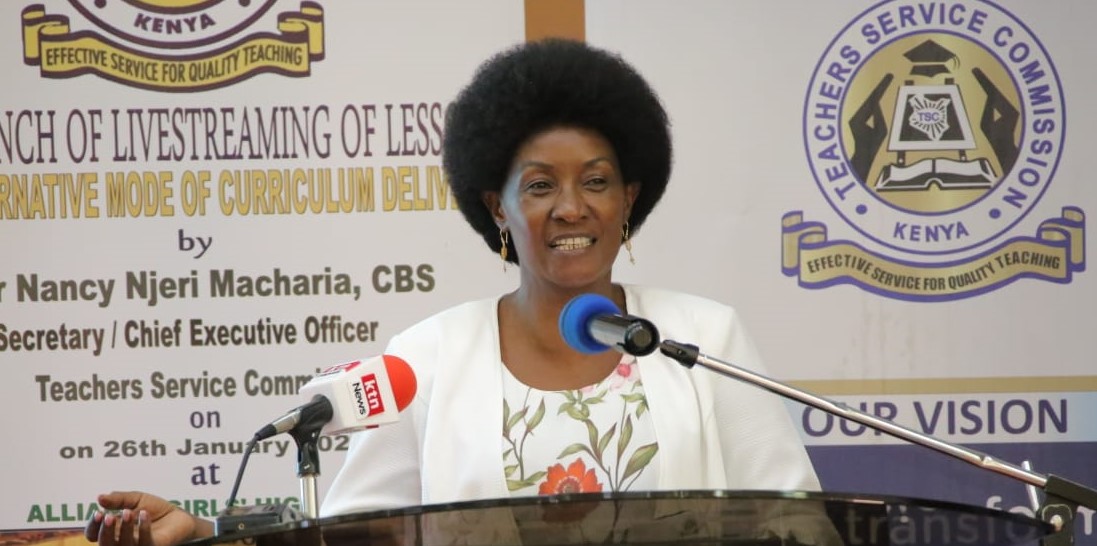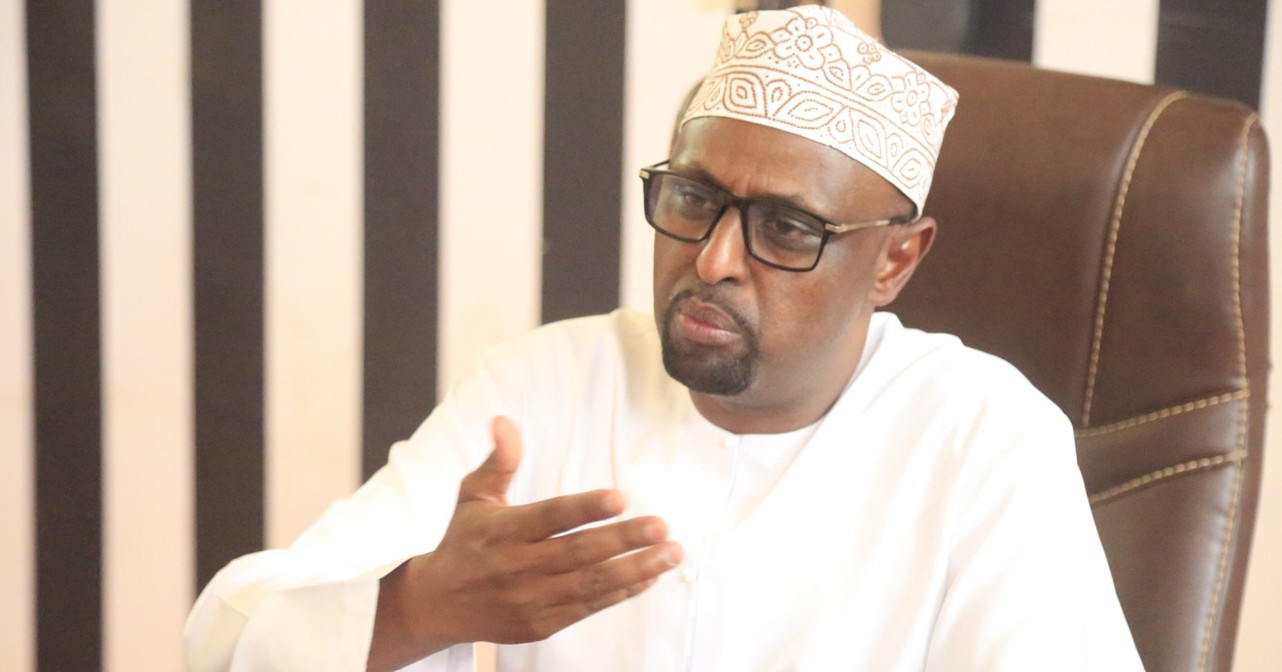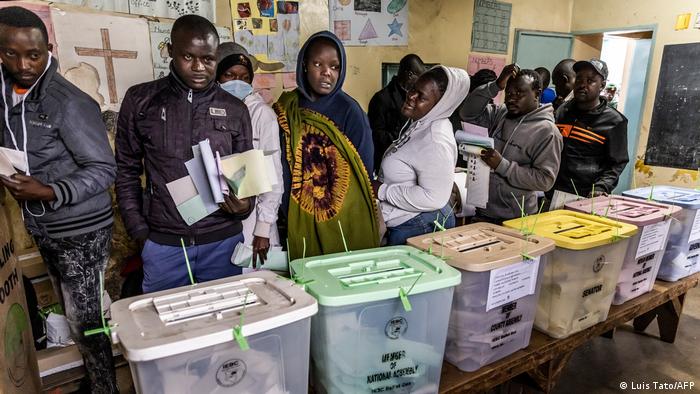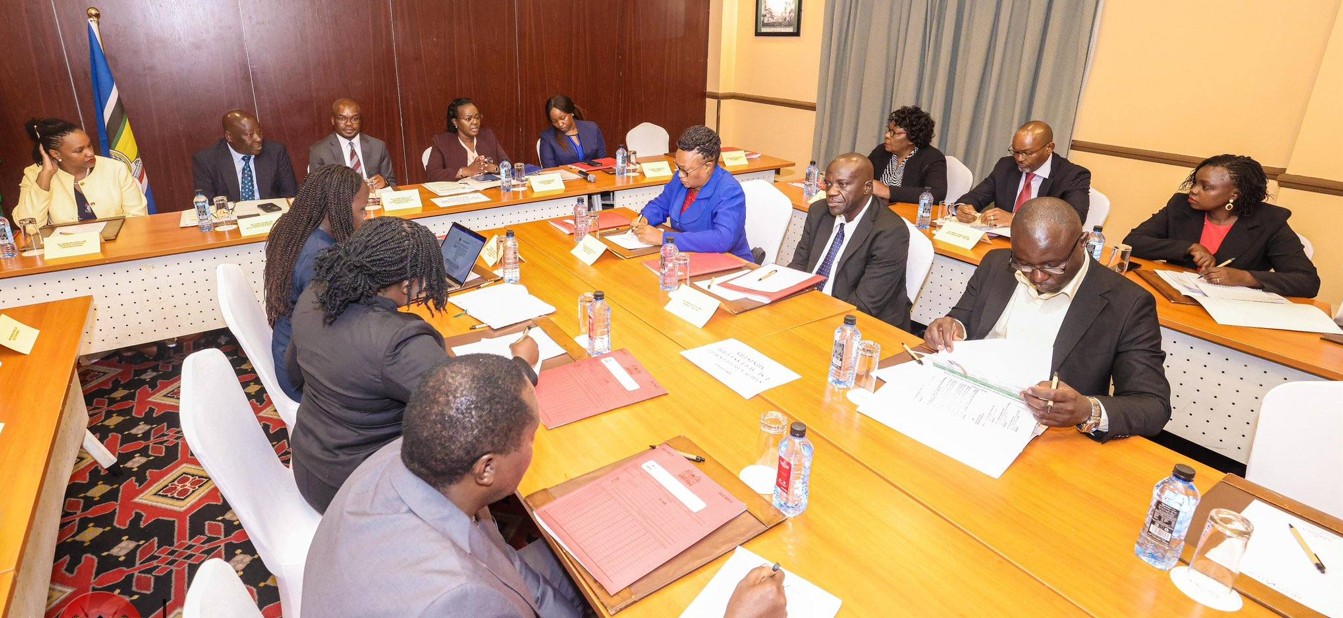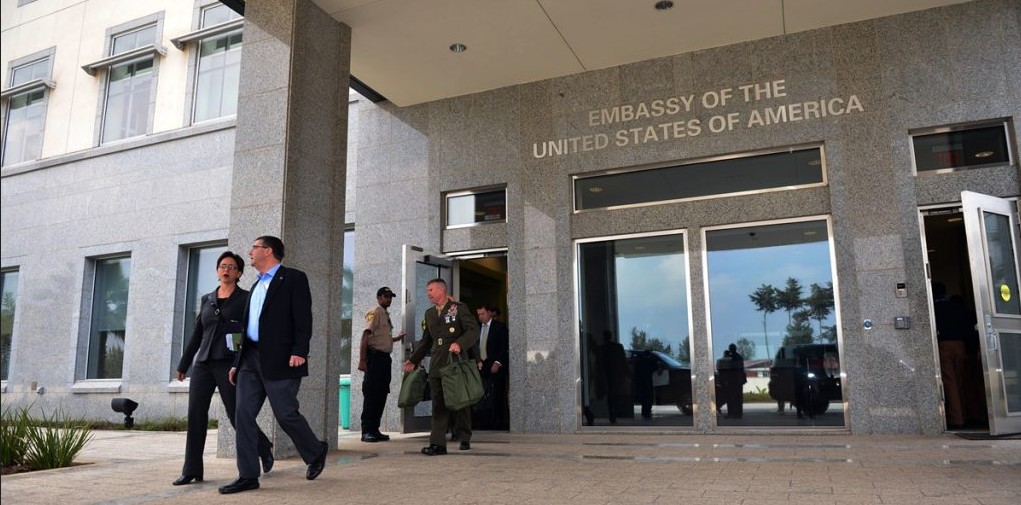Anti-Corruption Bill delayed by Senate after President Ruto's reservations

The Bill, which was first passed by the National Assembly, is aimed at tackling corruption in public procurement, where state officials are often accused of influencing the award of contracts to companies they own or those linked to family and associates.
President William Ruto’s push to fast-track a key anti-corruption law has been delayed after senators voted to extend the time for reviewing his reservations on the Conflict of Interest Bill, 2023.
The Senator now have 45 days, up from the standard 14, to consider the President’s memorandum that raised concerns about 12 clauses in the Bill.
More To Read
- Senate extends time for review of Conflict of Interest Bill by 45 days
- National Assembly given 21 days to review proposed changes to two Bills Ruto declined assent
- Ruto returns Conflict of Interest Bill to Parliament, urges tougher measures on corrupt state officials
- Senate Bill seeks to end detention of patients, bodies over unpaid bills
- EACC arrests Bomet Governor Hillary Barchok in probe over county funds misuse
- Ruto slams Parliament for delaying Conflict of Interest Bill aimed at curbing corruption
The Senate Committee on Justice and Legal Affairs, which is handling the Bill, said it was not possible to examine the proposed amendments and complete its report within the original deadline.
“We have not been able to conclude within the 14 days the Standing Order provides. That is the basis upon which we are placing this motion for consideration,” said committee chairperson and Bomet Senator Hillary Sigei while moving the procedural motion.
The President referred the Bill back to Parliament on April 30, meaning the 14-day timeline was set to lapse on May 20. With the new extension, the Senate committee plans to table its report on or before July 8.
The Bill, which was first passed by the National Assembly, is aimed at tackling corruption in public procurement, where state officials are often accused of influencing the award of contracts to companies they own or those linked to family and associates.
But senators amended the Bill before sending it back to the National Assembly.
They introduced several changes that effectively weakened key provisions, including those that barred public officers from engaging in business with the government and required regular wealth declarations.
Despite the Senate’s changes, the National Assembly passed the revised Bill and forwarded it to the President for assent.
However, the President declined to sign it, citing reservations over several clauses and returning it to Parliament for reconsideration.
According to Senator Sigei, the process now requires both Houses to debate the President’s reservations and agree on a final version of the law.
The Cabinet had earlier approved the original Bill, describing it as part of the government’s broader reforms to curb abuse of office and ensure integrity in public service.
“The committee wishes to be allowed more time to discuss and thoroughly look into the proposed amendments so that we come up with a more acceptable version of the Bill,” said Nominated Senator Raphael Chimera while seconding the motion.
The President’s memorandum seeks to restore strong legal safeguards that were removed during Senate amendments.
Among the deleted provisions was Clause 19, which prohibited public officers from securing contracts with government entities.
Senators also struck out Clause 20, which barred them from acquiring interests in partnerships or companies involved in government contracts.
In addition, the Senate deleted clauses that required public officers to declare their income, assets, and liabilities regularly, including at the time of leaving office.
When the Cabinet approved the Bill, a dispatch stated it would “herald a new dawn in the management of public affairs by introducing strong legal safeguards against real, apparent or potential conflict between the private interests of public servants on one hand and the public interest and their official duties on the other.”
The delay now raises fresh concerns over Parliament’s commitment to enforcing tighter anti-graft measures, particularly in a country where governors, legislators, and ministers have previously been prosecuted for manipulating multi-billion-shilling tenders.
Top Stories Today


